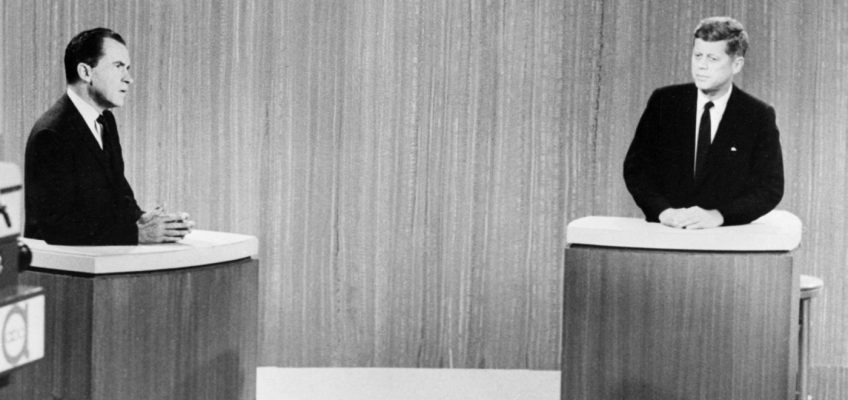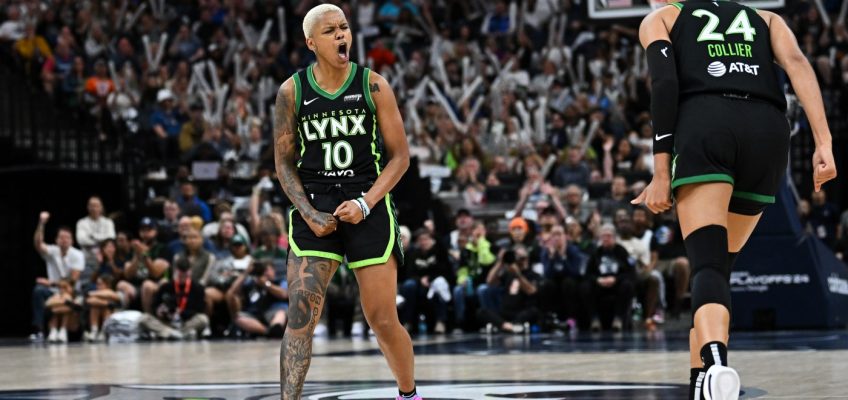We have all seen the ubiquitous “man on the street” interviews where young people struggle to identify the branches of government or their elected representatives. And the headlines announcing American students’ poor performance on national civics assessments are hard to miss.
Ultimately, this leads to a dreaded question many of us in the civic education space are asked too many times: Do schools even teach civics anymore?
For many American kids, particularly younger students, the simple answer is “no.” They are not being taught civics — or, in some cases, not enough civics to matter.
But let’s stop blaming the kids or their teachers. Instead, we all need to look in the mirror and reflect on what we expect from our schools and what it will take to drive meaningful change.
The lack of civic education among elementary students is particularly dire.
A 2018 study funded by the National Science Foundation found elementary classrooms only spend an average of 16-21 minutes a day on social studies. We can be reasonably certain that little — if any — of that time is devoted to civics.
Years ago, the Massachusetts Council for the Social Studies warned some elementary classrooms were spending as little as 20 minutes a week on social studies, which the group’s president called a “serious civic crisis.”
And just last year, there was great dismay when the National Assessment of Educational Progress, known as the Nation’s Report Card, found only 22% of eighth-graders scored proficient or above in civics.
But buried within that report were some more distressing truths. Less than half of eighth-graders were taking a class mainly focused on civics or government, and only 29% had a teacher whose primary responsibility was teaching civics.
These eighth graders were all tested on civics, but whether some of them actually studied the topic in school is another matter.
At the Bill of Rights Institute, we work with more than 76,000 civics and history teachers nationwide. These are talented, capable teachers, working to help young people learn about our government, America’s founding principles, and their rights and responsibilities as citizens.
But many of these teachers are not getting enough support, and civics is often deprioritized and treated as an afterthought in the overall school curricula.
It is easy to cast blame for why civics is not being taught more in schools. Some point to a heavy emphasis on subjects like math or science, or even time-consuming federal and state mandates.
The more useful exercise is determining where we go from here.
Civic education provides students the unique opportunity to understand how our nation and communities function and their roles in civil society. They learn to think critically, engage civilly and internalize founding principles like liberty, justice and equality.
All students deserve this knowledge, not just some students.
Reprioritizing civics will require a groundswell of local support. Real change can only happen locally, where most decisions about curricula and resources are made.
Related Articles
Trudy Rubin: Joe Biden’s foreign policy legacy will go through Ukraine
Paul Krugman: Trump and Vance learned nothing from Obamacare
David French: MAGA wants transgression, and this is what comes with it
F.D. Flam: The first lyme disease vaccine failed. It’s time to try again.
Catherine Thorbecke: Social media age limits are too little too late
We can all help create this groundswell.
As a first step, talk to local teachers about the specific challenges they face, in terms of resources, priorities or time, in incorporating more civics in the classroom. You will find many teachers share your frustrations.
Second, let school board officials and candidates know you want more time and resources invested in civic education. A 2021 study from researchers at Harvard, Northeastern, Northwestern and Rutgers found only 4% of individuals attended a school board meeting in the past six months.
We need more community members off the sidelines and in the game.
Our schools reflect our priorities, but we must communicate those priorities. If we want young people to become informed, civically engaged citizens, it is time to speak up and give civics the attention it deserves.
Bobb is president and CEO of the Bill of Rights Institute, a nonpartisan, nonprofit organization that advances civic and history education. He wrote this column for The Fulcrum.




